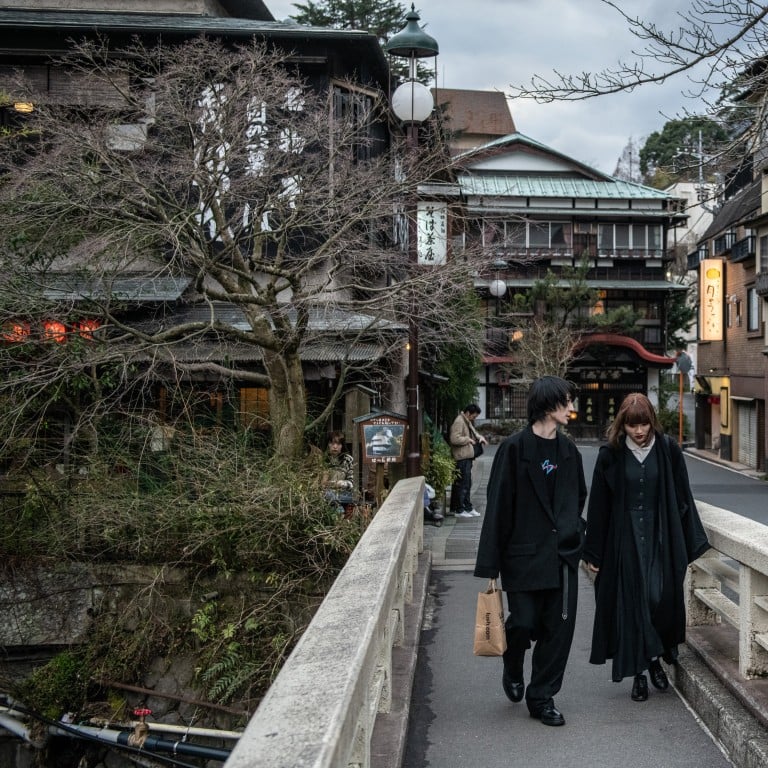
Tokyo has led the recovery in international travel among Asia’s leading cities, with foreign visitor arrivals in the first half of last year reaching 118 per cent of their levels in the corresponding period in 2019, according to data from Savills. Last November, 2.4 million overseas travellers visited Japan, just shy of November 2019 levels and the sixth straight month when foreign arrivals exceeded 2 million.
The brisk recovery has been a boon to Japan’s hotel investment market. Although hotels only account for 6 per cent of Asia’s commercial property transaction volumes, they comprised 15 per cent of investment activity in Japan in the first three-quarters of last year, according to JLL. Yet, while the sharp rebound in inbound tourism has been a key factor contributing to the investment appeal of Japan’s hotel market, there are more important sources of resilience.
In an unpredictable global economy facing acute geopolitical and financial threats, Japan is as close as it gets to a safe haven. The country boasts political stability and world-renowned infrastructure. Moreover, its obsession with hygiene and cleanliness has taken on added significance in the post-pandemic world. Furthermore, Japan remains an outlier in global monetary policy. The persistence of negative interest rates in the face of dramatic increases in borrowing costs the world over allows investors to generate exceptionally attractive cash-on-cash returns despite the relatively low rental yields on Japanese commercial properties. The steep slide in the yen, moreover, has made assets cheaper in US dollar terms.
Although there is intense speculation about the timing of a normalisation in policy, the Bank of Japan (BOJ) has little choice but to exit its ultra-loose monetary regime in a cautious and gradual manner, given the nation’s high public debt burden and the large proportion of floating-rate mortgages. Another key source of resilience is Japan’s large domestic travel and tourism market. While China – whose outbound travel market has been slow to recover – was the main international source market for Japan in 2019, Chinese tourists accounted for only 6 per cent of total room nights in the country, according to JLL data. Domestic travellers’ more than 80 per cent share of room nights not only proved a lifeline for hoteliers during the pandemic, it turbocharged the recovery. Hotels in Osaka – which hosts the World Expo next year and recently won approval to build Japan’s first casino resort, which is expected to be completed in 2029 – have proved popular among domestic and foreign investors. Japan’s third-largest city has accounted for between 13 and 20 per cent of the country’s commercial property transaction volumes during the past four years.